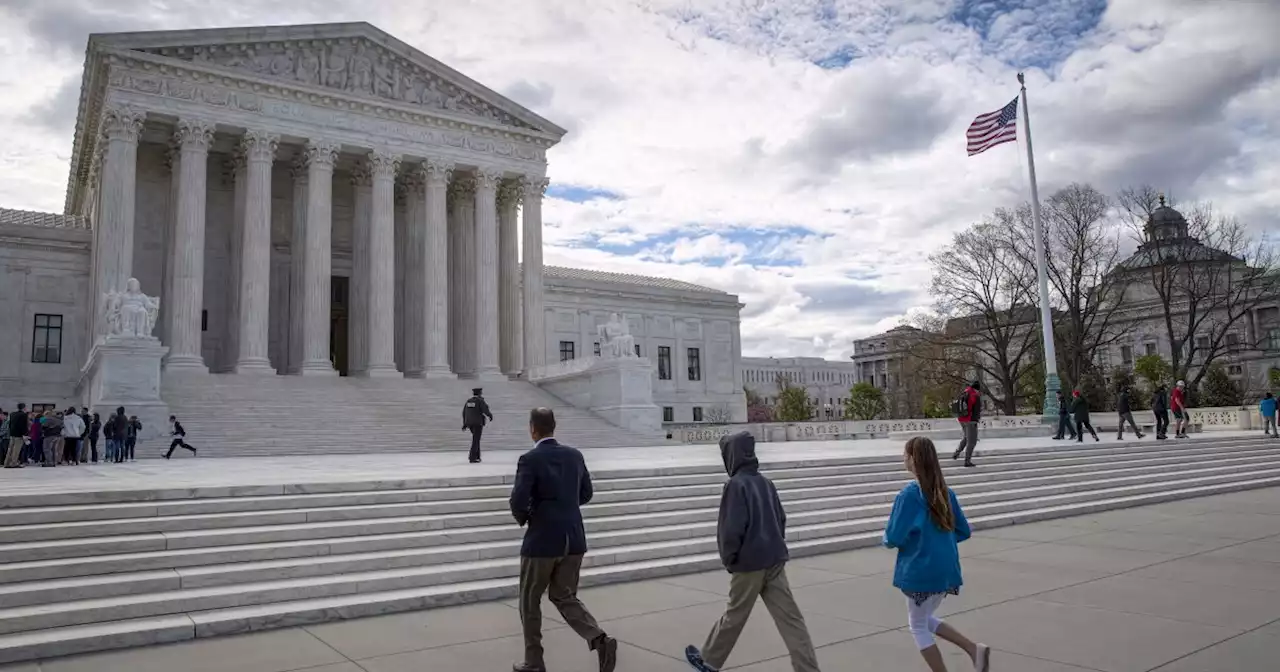'For American progressives, the Supreme Court has become a maddening institution.' So write Joseph Fishkin and William Forbath in Monday's New York Times. Their central accusation is that the highest court’s GOP-nominated majority consistently moves the law, and thereby the country, toward…
For starters, they err in arguing that the Constitution approves redistributionist policies. In"Federalist 10James Madison wrote of"the diversity in the faculties of men, from which the rights of property originate." Humans make use of their abilities, whether of mind or body, in ways that acquire property for themselves. This property might be food, money, or a degree. Madison speaks of this diversity as"different and unequal faculties of acquiring property.
The idea that the current court goes out of its way to instill oligarchy is also wrong. Fishkin and Forbath point to the court’s decision instriking down the Affordable Care Act’s requirement that states accept an expanded Medicaid or face loss of all federal funding for existing programs. Yet this outcome did not deny the capacity to redistribute financing of medical care. It merely required that the state’s elected leaders make the decision.
pushed against oligarchy. The former decision required equality of treatment by state governments in funding private schools, regardless of religious affiliation.protected a coach’s right to exercise his faith in the same time frame that his co-workers used their time for other secular activities. Finally, Fishkin and Forbath cast fear that the Supreme Court will declare affirmative action unconstitutional. Again, this decision, if the court indeed goes there, would be a strike for equality, not a cementing of oligarchy. Such an outcome would treat all persons equally before the law regardless of race.
We shouldn’t buy that the Constitution is a"redistributist" document or that the Supreme Court is hurling us toward oligarchy. The Constitution equally secures the sometimes-unequal blessings of liberty to all. And the current court has respected those bounds, protecting individual liberty while moving legal interpretation toward greater equality under the law and more rule by regular members of the public. Those are principles to guard, not undo.
